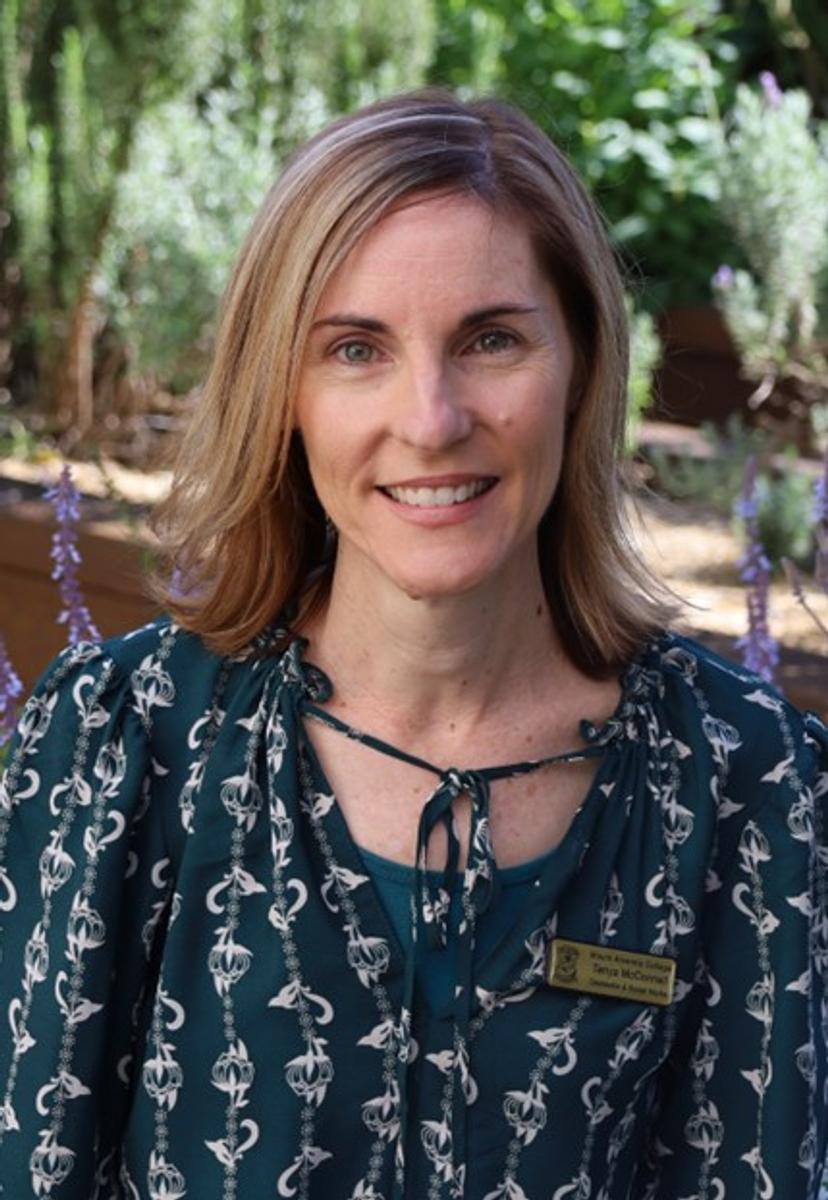Cultivating Calm
From our College Counsellors

Cultivating Calm
From our College Counsellors




The first month back at school has come and gone – the blisters are healing from new shoes; rapidly outgrown uniforms have been hastily replaced; and the monotony of school lunch prep is back on the agenda.
As we all know, though, that burst of nervous energy and excitement to get back into routine can very quickly be replaced by a sense of overwhelm as activities return to full swing. Here are some ideas for keeping you and your student’s back-to-school journey on a sustainable path:
Model how to plan ahead – Whether you’re a phone calendar or ‘whiteboard on the fridge’ family, it’s great to start the year off in the habit of forward planning. This is especially important if you have children across multiple schools or households. Ideally, display each family member’s schedule centrally so everyone knows what to expect (and where to make updates). Intentionally show your child/ren the importance of taking the time to look ahead in the week, to prepare for upcoming events. Explain that simply putting due dates in the calendar doesn’t account for the consistent work required to meet deadlines. Carve out time each week where everyone updates their diaries, to check for any double-bookings or logistical hiccups that might need solving. Encourage your children to participate to their age and ability; and the older children get, start handing over the responsibility for updating their corner of the family diary!
Reset sleep patterns – For some young people, the dual challenge of navigating growing bodies and minds on top of adjusting to a new school year can play havoc with sleep routines. This is especially the case after a long summer break, where later nights and sleep-ins may have become the norm. 😉 And, if your young person now juggles a part-time job too, sleep is often the first sacrifice! It might sound obvious, but when scheduling ahead for the week, young people do need to ensure they’re getting adequate rest in order to be at their best in the classroom.
Check in regularly – Sometimes, adolescents aren’t forthcoming about issues they’re having until they reach the point of overwhelm. Build a regular check in time with your young person – keep it casual, but intentional. It could be when driving to soccer practice; at the dinner table; when you’re walking the dog; or simply doing chores alongside one another. Avoid grilling; simply convey an interest in what’s going on in their life and that you’re approachable. The goal is not to jump in and ‘fix’ everything; it’s simply to listen, and be attuned to the little things that have potential to become bigger hurdles if left unaddressed.
Monitor use of devices / social media – Whilst we all now live in a digital world, moderation and safety are key. There are many freely available resources to assist parents to navigate the delicate balance of boundaries for adolescents’ online interactions – we’ve included some links below; but don’t forget to look at any of the resources on School TV, a free site for parents which our College has made available to our parent community:
Home Page SchoolTV | Mount Alvernia College.